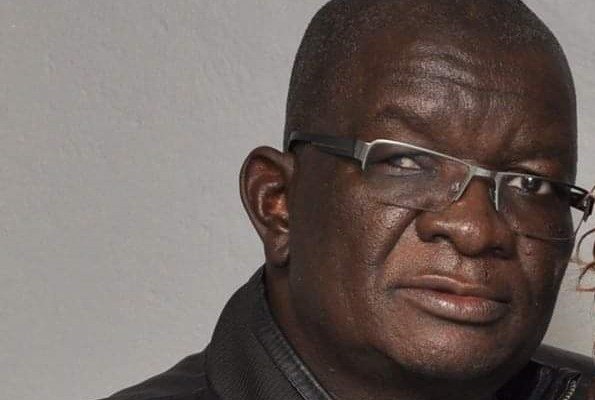The Constitutional Court (ConCourt) sitting in Lilongwe has t ruled that the planned lockdown by the former ruling Democratic Progressive Party (DPP) was unconstitutional.
The three-judge panel has also recommended that in future, before any lockdown is imposed, practical and realistic measures should be put in place to cushion social economic needs of the poor.

Peter Mutharika, Malawi’s immediate former president, declared the lockdown in April. Some concerned citizens and civil society groups obtained a court order stopping the lockdown.
Judge Kenyatta Nyirenda ordered an injunction against its implementation until the government could come up with some way to protect the country’s poorest and most vulnerable citizens.
This ruling forced Mutharika to announce a nationwide minimum wage equivalent monthly cash transfer to poor households. It also forced him to create a Covid-19 task force that included opposition leaders, civil society and public health experts.
Justice Nyirenda faced fierce criticism from the DPP-led government officials, who declared that if the virus spread quickly then “the nation knows who to blame”. Nyirenda was also attacked for failing to be “patriotic” in the face of a national crisis and branded a ‘covidiot’.
But analysts and civil society groups praised him for maintaining judicial independence.
Boniface Dulani, a senior lecturer in the University of Malawi’s department of political and administrative studies, said that Nyirenda prevented possible abuses of power by the then government.
Gift Trapence, chairperson of the Human Rights Defenders Coalition — the civil society group that initially opposed the government’s lockdown plans — also praised the judge.


